Music is an integral part of Pakistan’s cultural, social, and spiritual character.
Pakistan’s musical heritage includes diverse influences from Persia, India, Central Asia, and the Middle East, resulting in a distinctive and changing soundscape that blends classical and contemporary elements.
Classical Roots: South Asian Heritage
Pakistan’s classical musical heritage originates from the Indian subcontinent and is influenced by Mughal courts, Sufi mysticism, and regional folk music.Khayal, Thumri, Dhrupad, and Tappa are the four major genres of classical music in Pakistan, all based on the Hindustani classical system.These styles use complex ragas (melodies) and taals (rhythmic cycles) to create compositions that require a high level of musical understanding.
Ustad Bade Ghulam Ali Khan, Roshan Ara Begum, and UstadSalamat Ali Khan are major figures in Pakistani classical music who have brought international recognition to the country’s traditional style.Their versions are often supported by a wide range of traditional tools that have become synonymous with the music of the country.
Pakistani Music Instruments
Pakistani music includes a variety of traditional instruments, many of which come from South Asia, Persia, and Central Asia. The most important instruments include:
Sitar: A string instrument used in Hindustani classical music recognized for its resonant melodic sound. He acquired international recognition because of musicians like Ravi Shankar.
Tabla: A set of two drums, is the predominant percussion instrument in classical music, and Pakistani folk, and is known for its rhythmic complexity.
Harmonium: A portable pump organ that is generally used in Qawwali (Sufi-devoted music) and Ghazal.
Sarangi: It is a stringed instrument that adds rich, expressive tones to classical vocal performances.
Dholak: A double-headed drum essential to Punjabi and Sindhi folk music and used during festivals and cultural events.
Rubab: It is a lute-like instrument popular in Pashto and Balochi music, known for its powerful, lion-like sound.
Bansuri: A bamboo flute used in both classical and folk music and often associated with spiritual themes in Sufi music.
Rise of Popular Music and Folk Traditions
After Pakistan gained independence in 1947, music developed, largely drawing on the country’s many ethnic traditions. Punjabi, Sindhi, Balochi, and Pashto folk music remain central to Pakistan’s cultural identity. These genres tell stories of local heroes, daily life, and spirituality, with poets such as Bulleh Shah, Shah Abdul Latif Bhittai, and Khushal Khan Khattak influencing regional music through their work.
Singers such as Ahmed Rushdi, Noor Jehan, and Nazia Hassan contributed to the rapid growth of popular music in Pakistan in the 1960s and 1970s. Pakistani cinema, better known as Lollywood, has contributed to the popularization of music by incorporating classical, folk, and contemporary sounds into cinematic compositions.
Political unrest in the 1980s led to a downturn in music creation. Despite this, underground music movements emerged, resulting in rock and fusion genres that embodied the country’s youthful enthusiasm and desire for change.
Coke Studio and Nescafé Basement, Revolutionizing Music Platforms
Pakistan’s music industry has seen a renaissance in the 21st century, thanks to platforms like Coke Studio and Nescafé Basement, which have introduced a new dynamic to the country’s musical environment.
Coke Studio: A Fusion of Tradition and Modernity
Coke Studio, founded in 2008 by Rohail Hyatt, a member of the famous Pakistani pop group Vital Signs, has changed Pakistani music. The platform combines traditional genres such as classical, folk, and Sufi music with modern pop, rock, and electronic elements. Musicians from diverse backgrounds work together to create captivating versions that appeal to audiences of all ages and cultures.
Coke Studio’s popularity stems from its ability to revive traditional music while keeping it relevant to modern audiences. Collaborations between legendary artists like AbidaParveen and modern rock bands like Noori and Atif Aslam have received much praise. Coke Studio has also revived lesser-known instruments such as the dambura, ektara, and sarod, with an emphasis on regional languages and dialects.
Now a global sensation, Coke Studio has expanded the appeal of Pakistani music by fusing genres, styles, and languages, pushing the boundaries of creativity and honoring its legacy.
Nescafé Basement: A Platform for Young Talent
Founded in 2012 by Xulfi (Zulfiqar Jabbar Khan), Nescafé Basement serves as a platform for Pakistan’s emerging and undiscovered talent. Nescafe Basement aims to provide young musicians with the opportunity to experience and experiment with various styles and genres of music, often resulting in covers and originals that demonstrate technical prowess and inventiveness.
Nescafé Basement has showcased several successful artists including Zoe Viccaji, Ali Sethi, and Ayesha Omar. It focuses on music genres like, experimental rock, jazz, and alternative music, modernizing traditional inspirations and showcasing the enormous potential of Pakistan’s youth.
Conclusion: The Future of Pakistani Music
The history of Pakistani music illustrates the country’s great cultural diversity and adaptability to changing musical trends. Pakistani music has evolved from classical foundations to the revival of traditional traditions, as well as the incorporation of fusion and experimental genres. Platforms such as Coke Studio and Nescafé Basement have helped revitalize the music by mixing the traditional music with the contemporary music beautifully. As these platforms go broader, the future of Pakistani music looks capable of reflecting the inclusive and dynamic nature of the country.
Another Exciting News: Global Business Networking Takes Central Stage in Pakistan

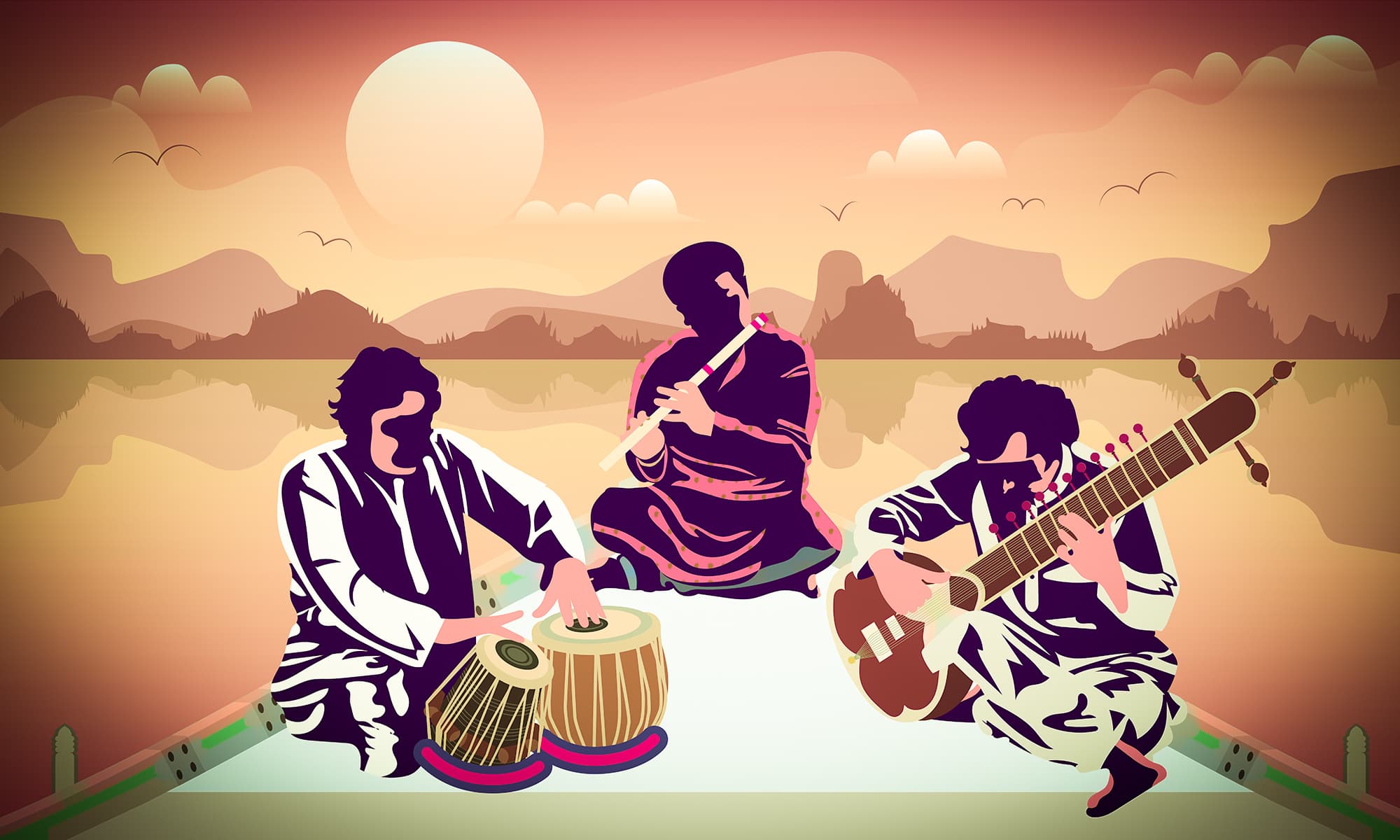
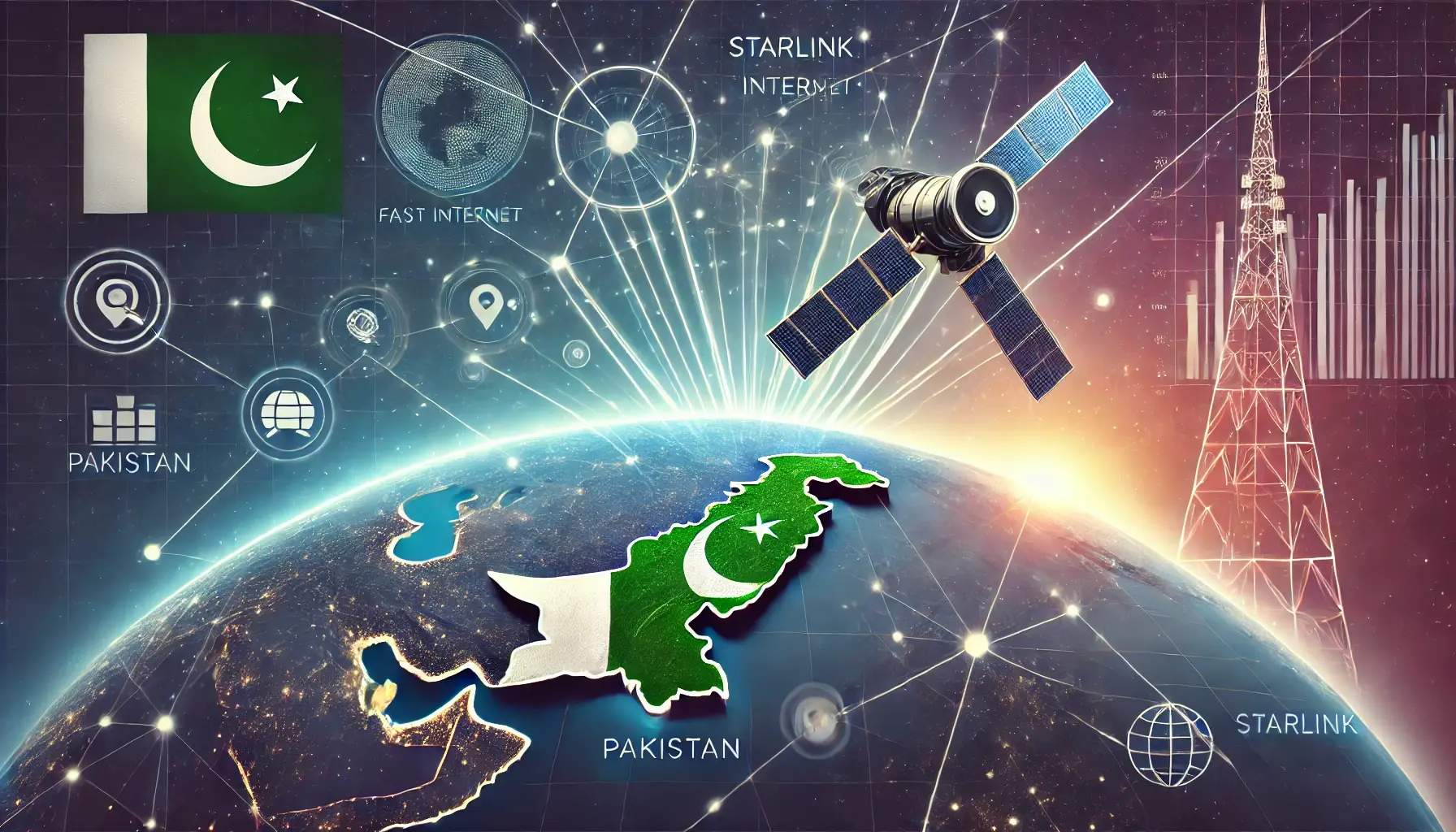
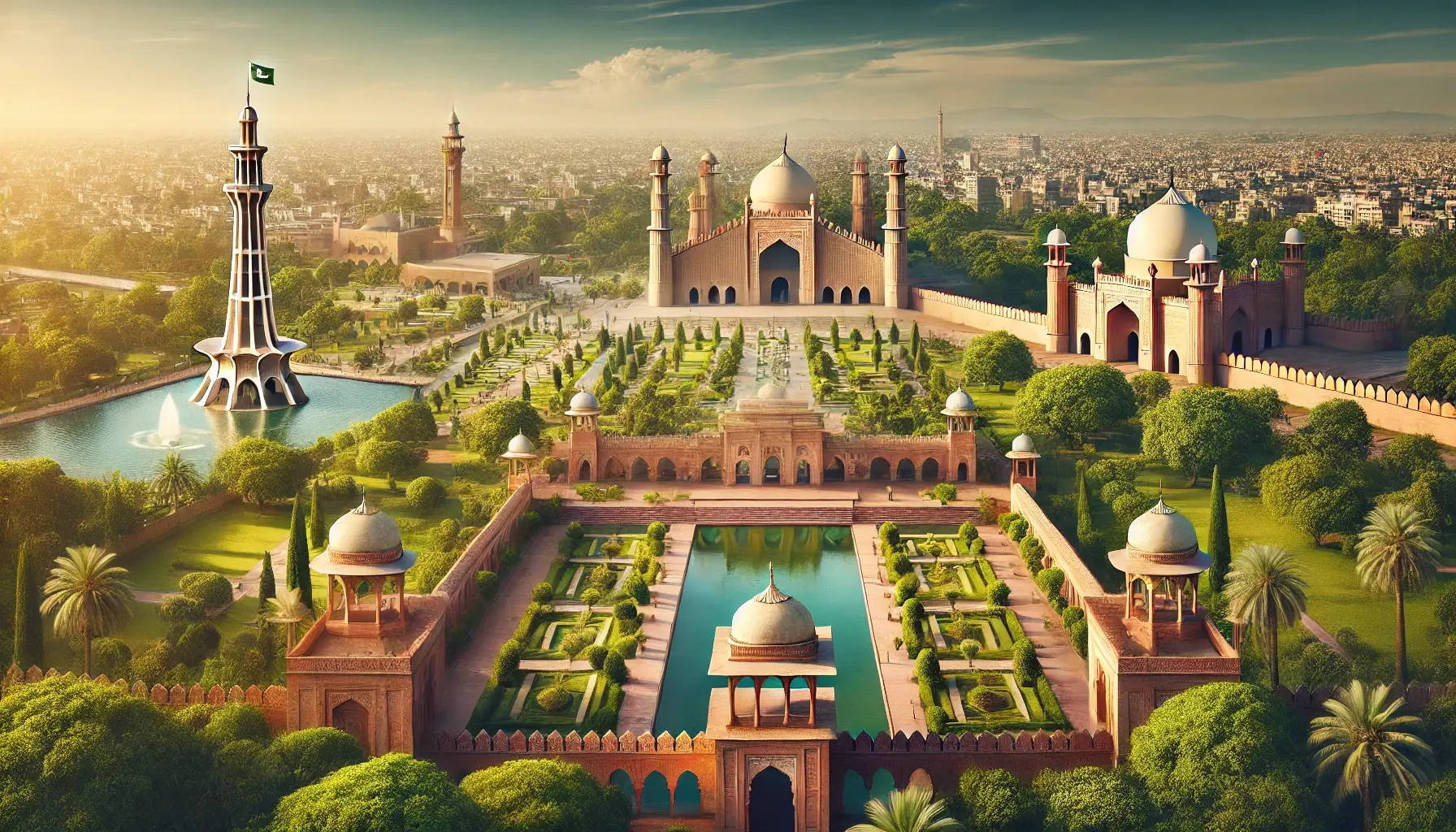
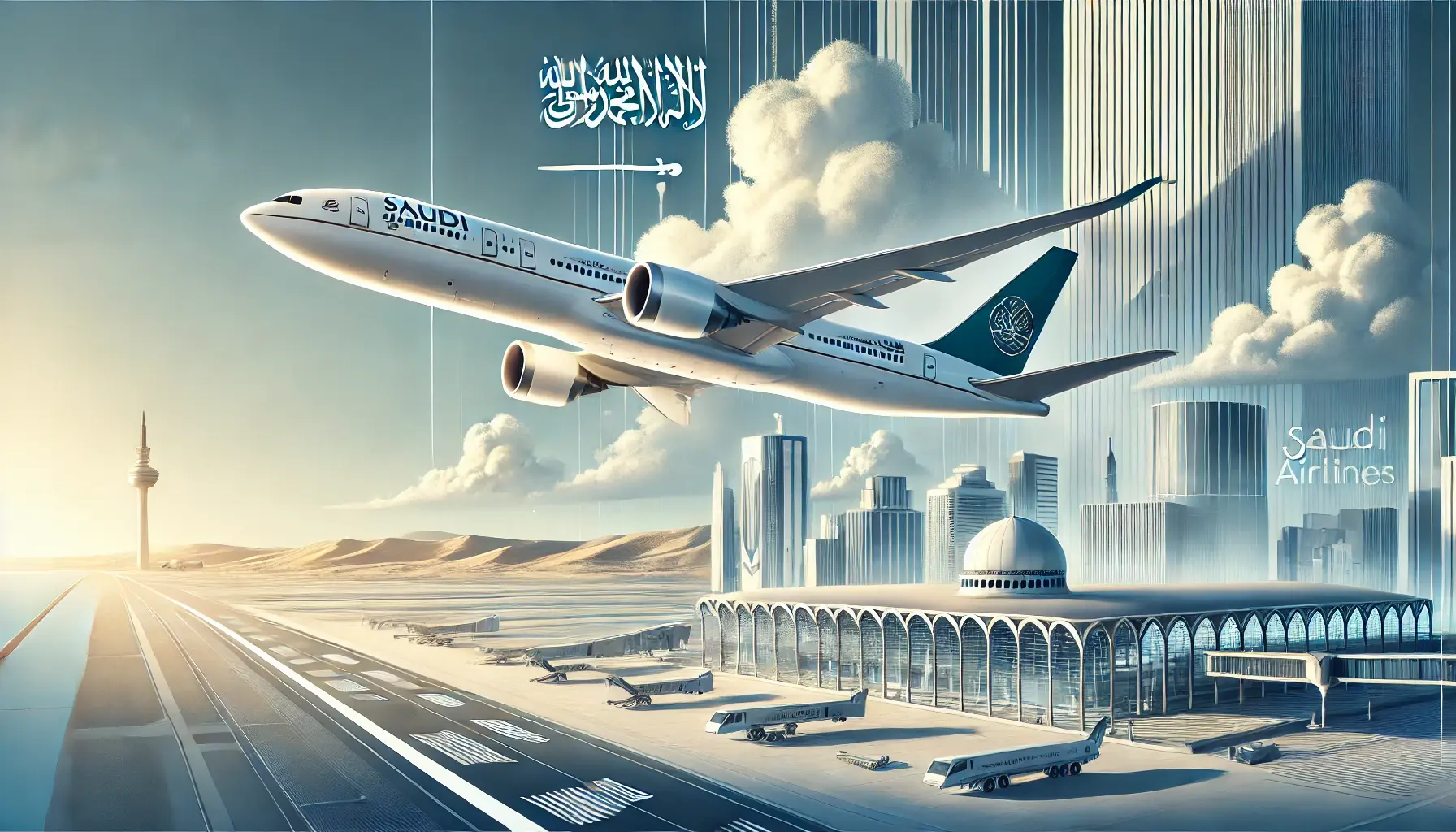
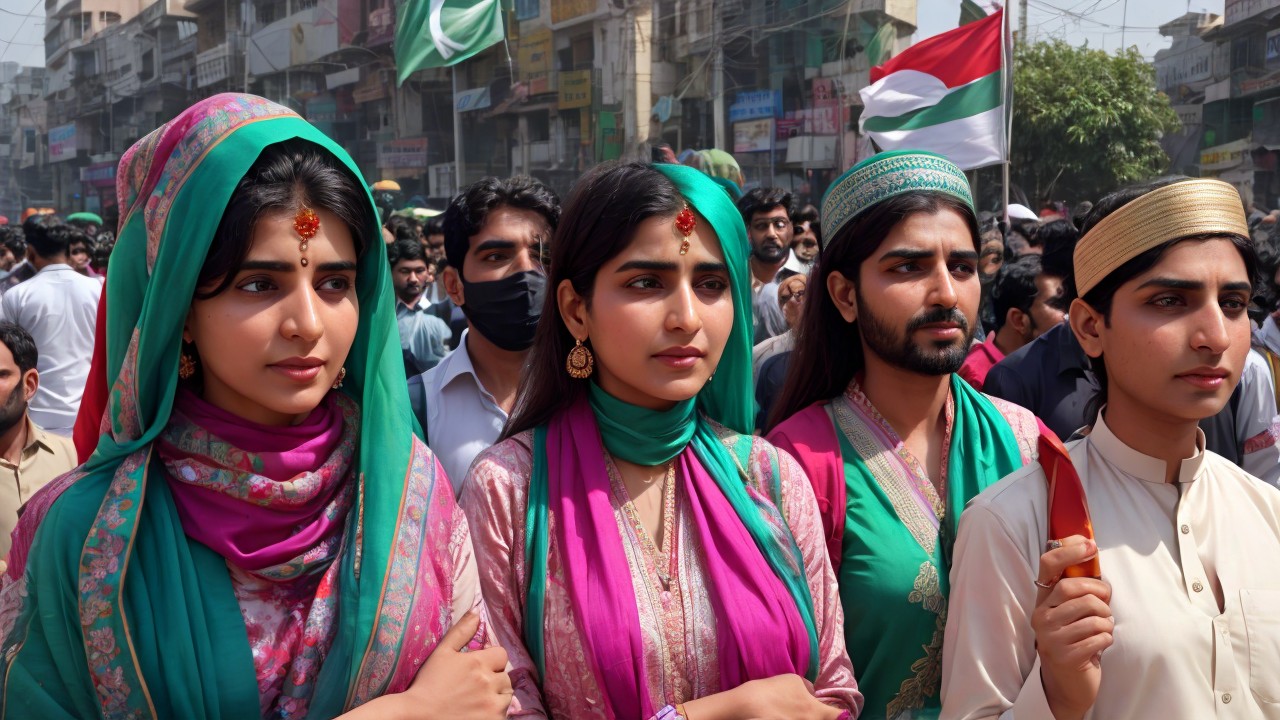
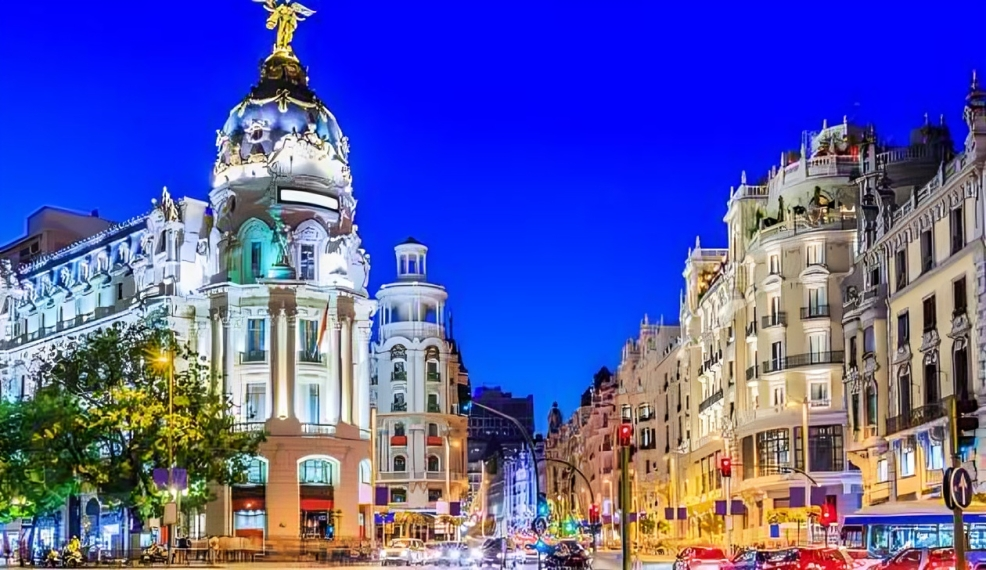
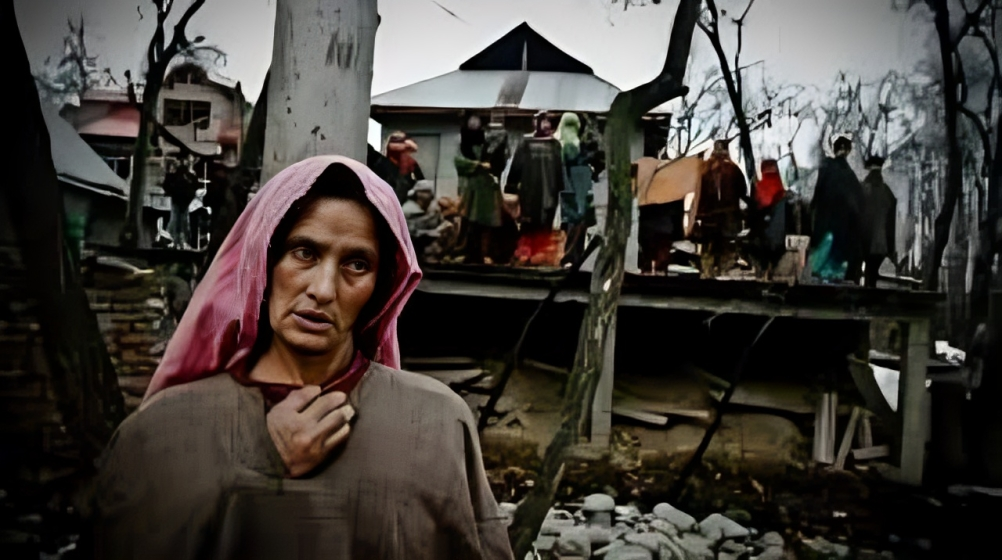
Leave feedback about this